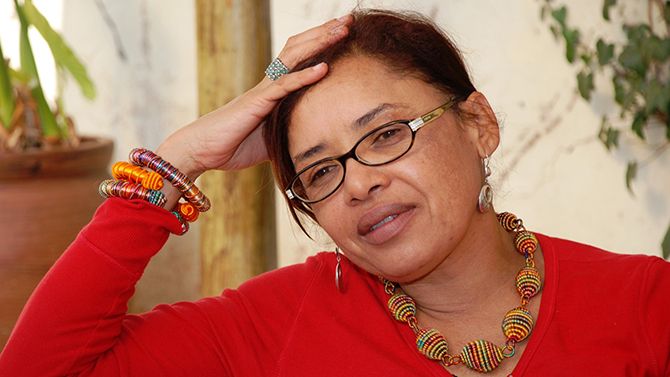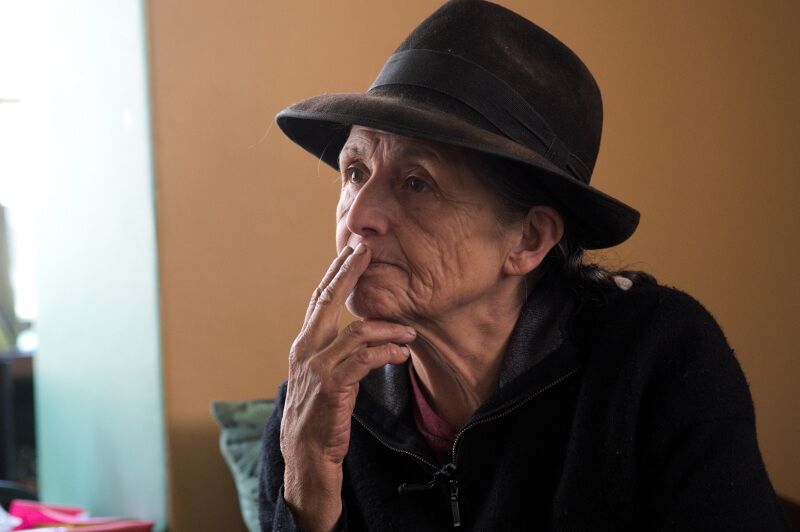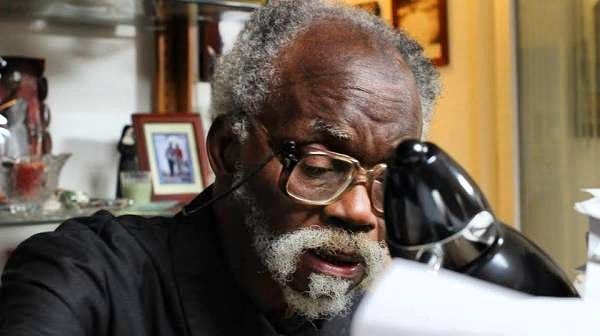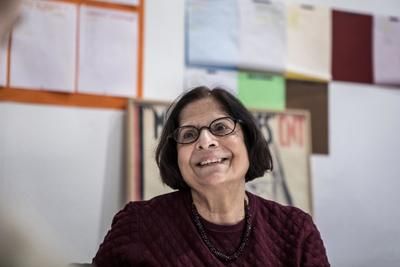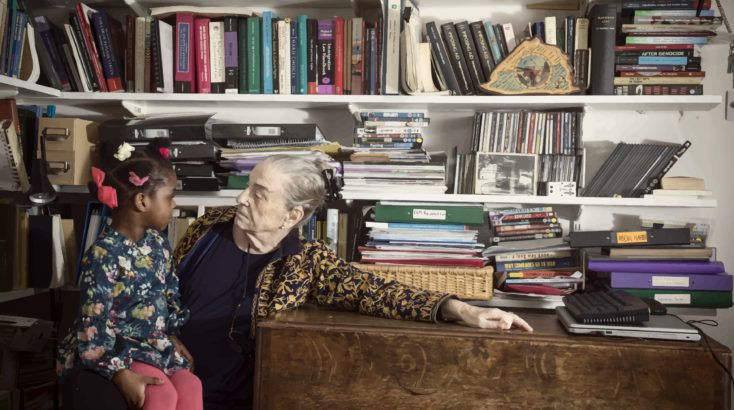
Barbara Harrell-Bond founded the Refugee Studies Center at Oxford in 1982 and directed it until 1996. Her work in the negative impacts of a non-reflective humanitarian approach to refugees has been quintessential in refugee studies.
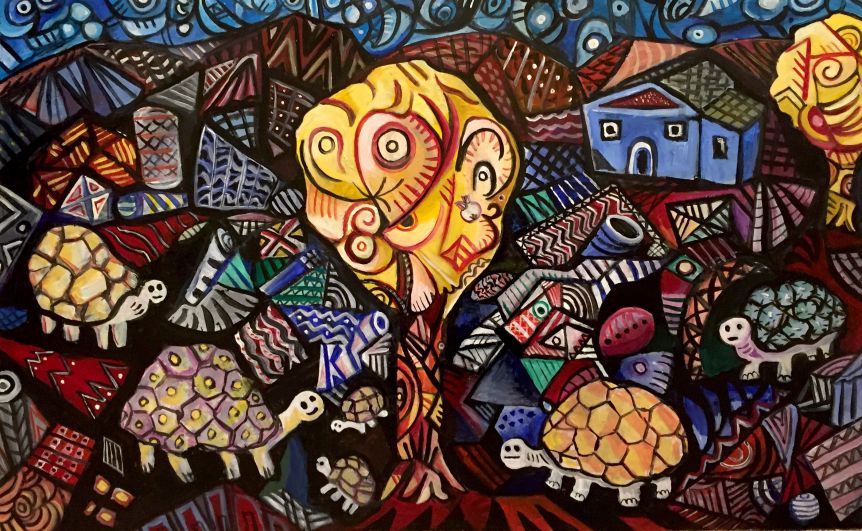
It was in the 1990s that I, as a beginning scholar doing research about identity, home and belonging, came across Liisa Malkki’s groundbreaking work, which provided me an in-depth understanding and theoretical frame for studying home and belonging in relation to refugees.

